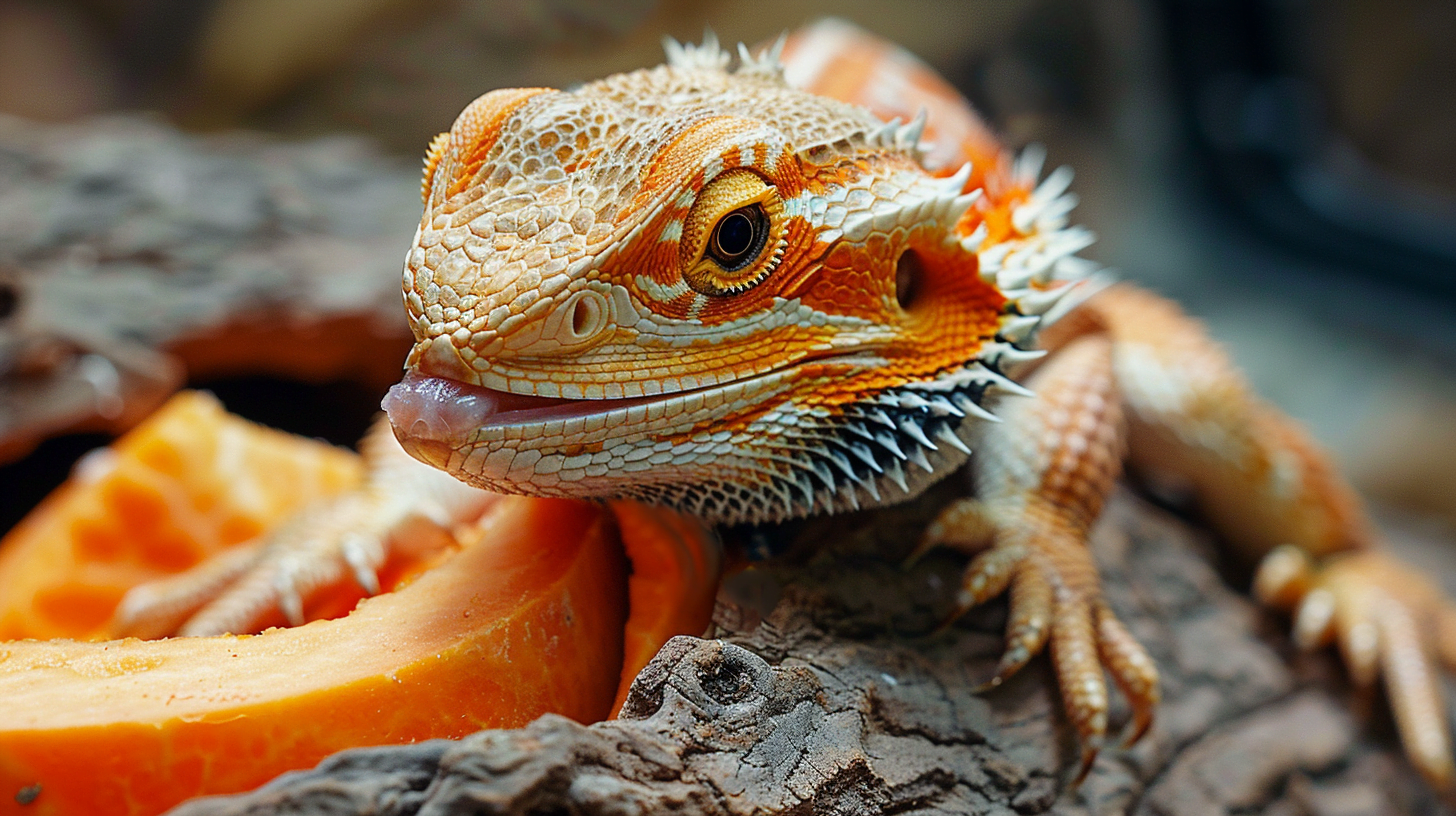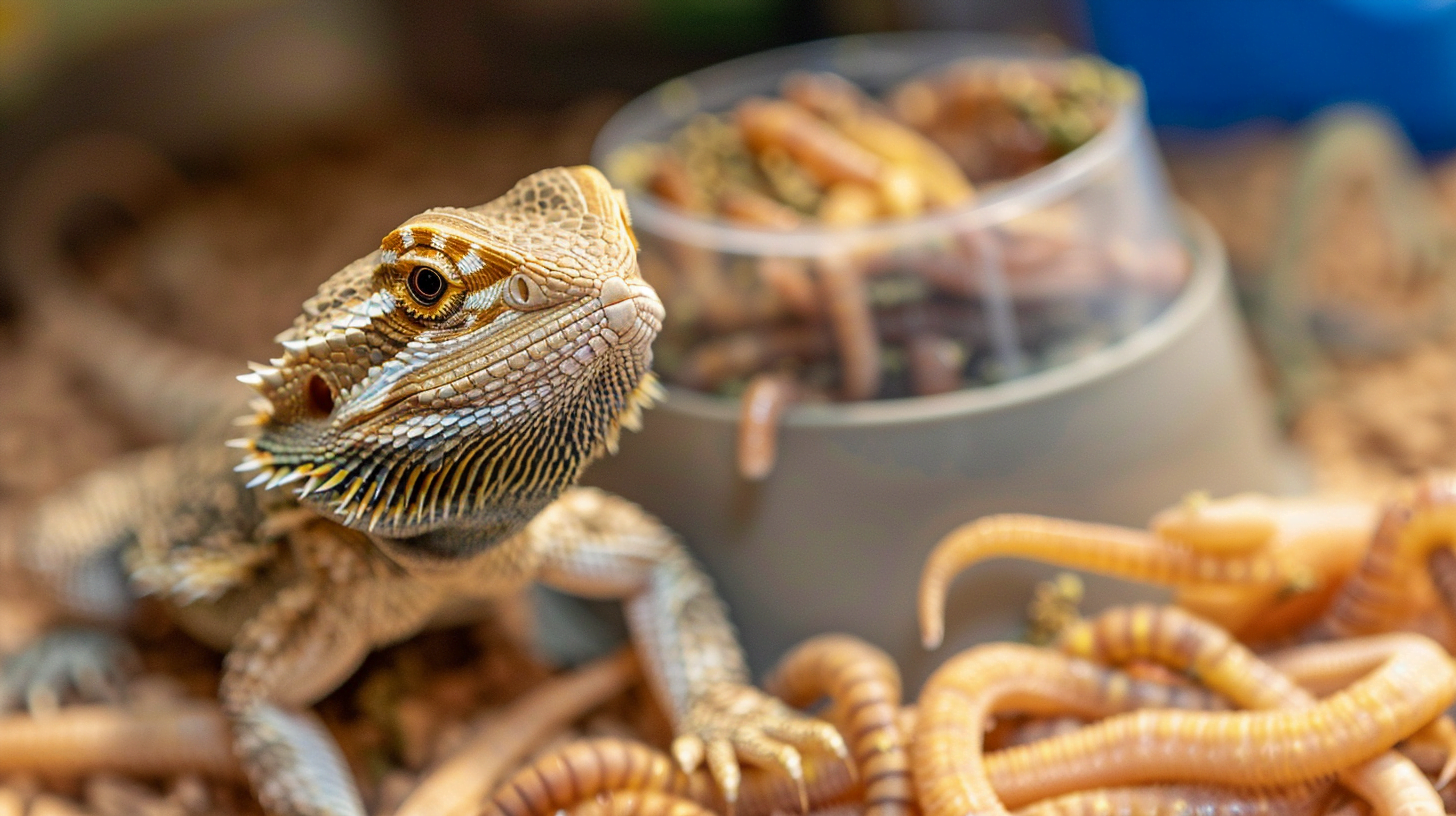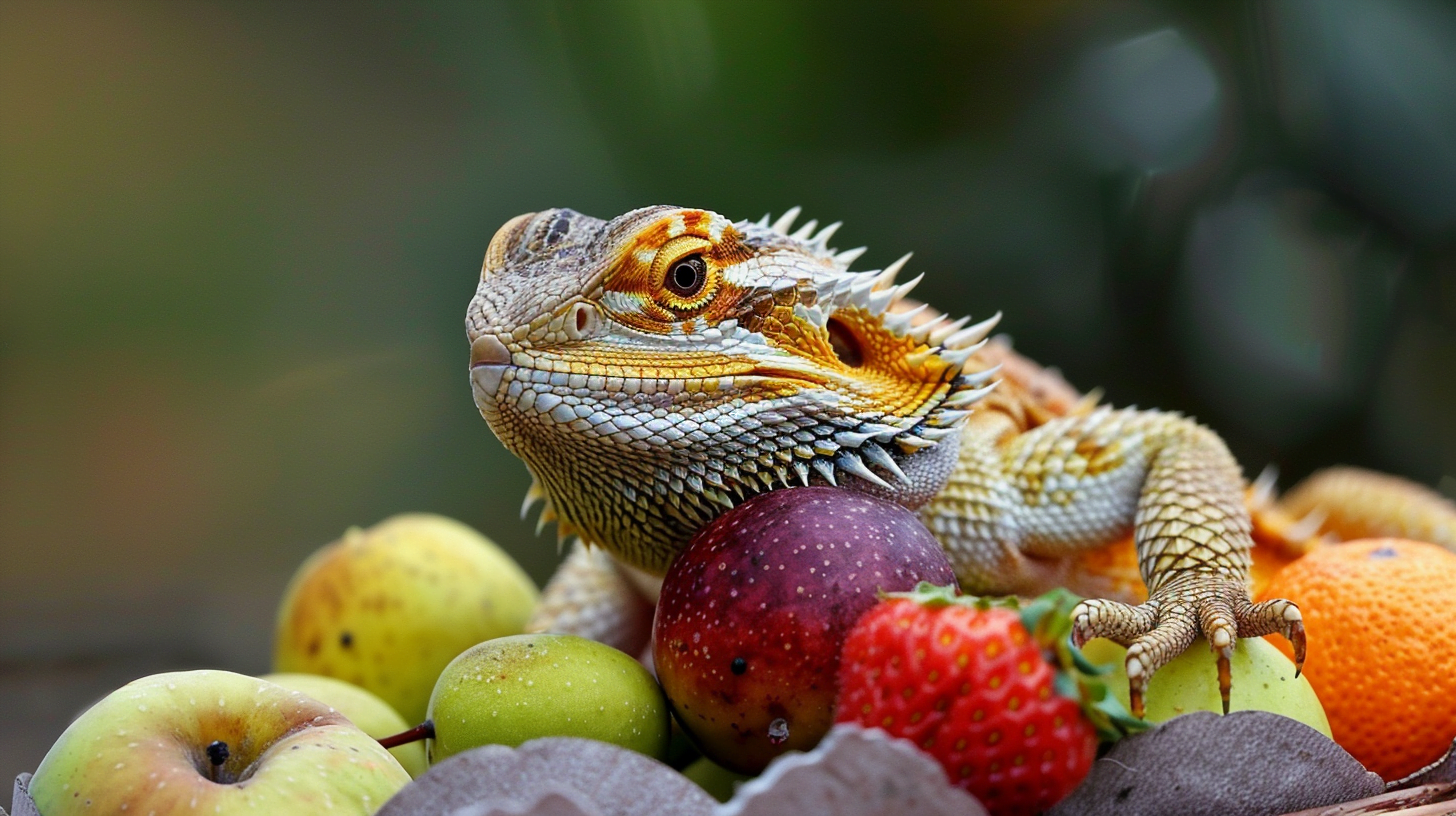Bearded dragons make fantastic pets, but to keep them healthy and happy, it’s crucial to understand their dietary needs and feeding schedules. In this comprehensive guide, we’ll dive deep into the question, “How often do you feed a bearded dragon?” We’ll explore factors affecting feeding frequency, suitable foods, and more to help you provide the best care for your scaly friend.
Understanding Bearded Dragon Dietary Needs
Bearded dragons are omnivores, meaning they require a balanced diet consisting of both animal protein and plant matter. Key nutrients include:
- Protein from insects
- Calcium for bone health
- Vitamins A, D3, and E
- Fiber from vegetables and greens
Variety is essential to ensure your beardie receives all the necessary nutrients. Offering a diverse array of foods helps prevent nutritional deficiencies and keeps mealtimes interesting.
Factors Affecting Feeding Frequency
Several factors influence how often you should feed your bearded dragon:
- Age: Baby and juvenile beardies require more frequent meals to support their rapid growth and development. As they mature, feeding frequency decreases.
- Size and weight: Larger, more active bearded dragons may need more food compared to smaller, less active individuals.
- Health status: Ill or recovering bearded dragons might have different dietary requirements. Always consult with a reptile veterinarian for specific guidance.
- Seasonal changes: During brumation (a period of dormancy), bearded dragons may eat less frequently or stop eating altogether.
Feeding Schedules by Age
Baby Bearded Dragons (0-3 months)
| Age | Feeding Frequency | Diet Composition |
|---|---|---|
| 0-3 months | 2-3 times daily | 70% insects, 30% greens/veggies |
Baby beardies have small stomachs and require frequent, small meals to fuel their rapid growth. Offer a variety of appropriately sized insects and finely chopped greens and vegetables.
Juvenile Bearded Dragons (3-12 months)
| Age | Feeding Frequency | Diet Composition |
|---|---|---|
| 3-8 months | 2 times daily | 60% insects, 40% greens/veggies |
| 8-12 months | 1-2 times daily | 50% insects, 50% greens/veggies |
As your beardie grows, gradually increase the size of food items and reduce feeding frequency. Introduce a wider variety of insects, greens, and vegetables to ensure a balanced diet.
Adult Bearded Dragons (12+ months)
| Age | Feeding Frequency | Diet Composition |
|---|---|---|
| 12+ months | Every 1-2 days | 25% insects, 75% greens/veggies |
Adult bearded dragons require fewer meals but larger portions. Focus on providing a diet rich in leafy greens and vegetables, with insects offered as a supplementary protein source.

Suitable Foods for Bearded Dragons
- Insects: Crickets, dubia roaches, hornworms, silkworms, and phoenix worms (calcium-rich)
- Greens: Collard greens, kale, dandelion greens, mustard greens, and turnip greens
- Vegetables: Butternut squash, bell peppers, carrots, pumpkin, and sweet potato
- Fruits (occasional treats): Berries, melon, papaya, and mango
“Variety is the spice of life, and this holds true for bearded dragon diets. Offering a diverse array of nutrient-rich foods is key to maintaining optimal health and preventing nutritional deficiencies.” – Dr. Mark Mitchell, DVM, MS, PhD, DECZM (Herpetology)
Foods to Avoid
Certain foods can be harmful or toxic to bearded dragons:
- Avocado, onion, garlic (toxic)
- Fireflies and other luminescent insects (toxic)
- Spinach, beet greens (high in oxalates, which can interfere with calcium absorption)
- Processed human foods (high in salt, sugar, and unhealthy fats)
Supplementation and Hydration
In addition to a balanced diet, bearded dragons require:
- Calcium supplementation: Dust insects with calcium powder 2-3 times a week for babies and juveniles, and once a week for adults.
- Vitamin D3: Necessary for calcium absorption. Provide through UVB lighting or dietary supplements.
- Hydration: Offer fresh, clean water daily. Mist greens or provide a shallow bathing dish to encourage drinking.
Adjusting Feeding Frequency
Monitor your bearded dragon’s weight and body condition regularly. If your beardie appears overweight or underweight, adjust portion sizes and feeding frequency accordingly. Consult with a reptile veterinarian for personalized guidance.

Conclusion
Feeding your bearded dragon the right foods at the appropriate frequency is essential for their long-term health and well-being. By understanding their dietary needs, age-specific requirements, and suitable food options, you can provide a balanced, varied diet that supports optimal growth and development.
Remember, every bearded dragon is unique, and individual needs may vary. Always observe your pet closely and consult with a reptile veterinarian for personalized advice.
FAQs
- Can I feed my bearded dragon wild-caught insects?
It’s best to avoid wild-caught insects, as they may carry parasites or pesticides that can harm your beardie. Stick to commercially raised insects from reputable sources. - How long can bearded dragons go without food?
Adult bearded dragons can survive for up to 2 weeks without food, but this is not recommended. Juveniles and babies require more frequent meals and should not go more than a day or two without eating. - What should I do if my bearded dragon stops eating?
If your bearded dragon stops eating, first check the enclosure temperature and lighting to ensure they are appropriate. If the issue persists, consult with a reptile veterinarian to rule out any underlying health problems. - How can I tell if my bearded dragon is overweight or underweight?
An overweight bearded dragon will have visible fat deposits on their body, while an underweight one will have a visible spine and hip bones. Aim for a body condition where you can feel the ribs but not see them prominently. - Can bearded dragons eat human food as treats?
While some human foods (e.g., fruits and vegetables) can be offered as occasional treats, it’s best to stick to a diet specifically designed for bearded dragons. Avoid processed foods and those high in salt, sugar, or unhealthy fats.
By following this comprehensive guide and providing a balanced, varied diet at the appropriate feeding frequency, you’ll help ensure your bearded dragon thrives in your care.




